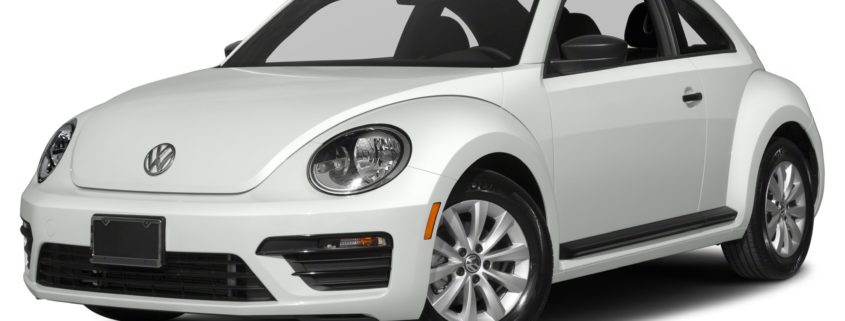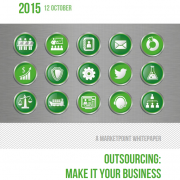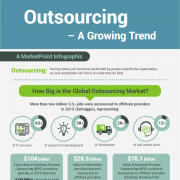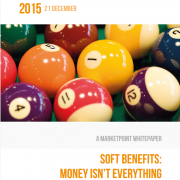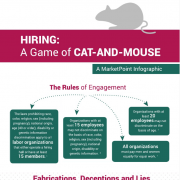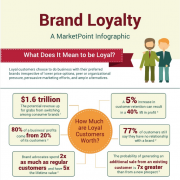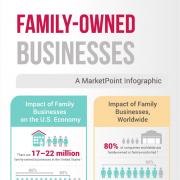Volkswagen’s New Brand Strategy: “Becoming Less German”
Writing for Campaign Magazine, Simon Gwynn revealed, today, Volkswagen’s new brand strategy: to become “less German.”
On the surface, one might wonder whether being perceived as “less German” is, as far as strategies go, about 73 years behind history. Let’s not forget that Volkswagen once made the transition from “the German people’s car” to a friendly global brand in the wake of Adolf Hitler’s demise.
The company was founded in 1937 as the state-owned automobile company “Gesellschaft zur Vorbereitung des Deutschen Volkswagens mbH,” which roughly translates to “society for the preparation of the German people’s car.” Perhaps anticipating that a 59-character name would be too long for a Twitter handle, Hitler soon shortened the name to “Volkswagenwerk,” or “The People’s Car Company.”
At a 1938 Nazi rally, Der Fuhrer announced, “It is for the broad masses that this car has been built. Its purpose is to answer their transportation needs, and it is intended to give them joy.” (Other historians may wish to explore whether this is the origin of the term “joy-ride.”) Hitler’s little car was initially dubbed the “KdF” – a Twitter-length version of “Kraft durch Freude” or “Strength through Joy.” Alas, Der Fuhrer’s plans for world domination got in the way, and the Allied Forces would leave Hitler’s car factories in ruins.
Shortly after the war, the Allies made Volkswagenwerks the cornerstone of their efforts to rebuild the German economy, but U.S. sales of “The German People’s Car” lagged, as silly American consumers seemed to hold a grudge against the country that decimated Europe. That is until a small Manhattan ad agency, Doyle Dane Bernbach, decided to rename the noisy, little, round car “The Beetle,” thus fulfilling Hitler’s vision of a car that would bring the people joy.
Yes, that same little agency would become the American success story DDB, but when they pitched Volkswagen, Doyle Dane Bernbach was quite small. Ironically, many of William Bernbach’s clients had been Jewish, and Volkswagen, born in Nazi Germany, was the complete opposite of Kosher. Notwithstanding, Bernbach’s creative, simplistic, and humorous ads would eventually prevail against the American psyche, as the agency reminded us that “ugly is only skin deep,” and “if you run out of gas, it’s easy to push.” Again, “joy.”
We tend not to think of Germans as joyful, despite the works of Friedrich Schiller and Ludwig von Beethoven (ref: “Ode to Joy”). Instead, Germans carry a burdensome and unfair reputation for being dour. To that very point, our ever-resourceful German friends brilliantly turned austerity into a backdrop for meticulous engineering, and in recent decades Volkswagen ads have capitalized on that image. Until recently. Just three years ago, after its diesel emissions scandal, Volkswagen dropped their “das Auto” campaign and began, according to VW’s chief marketing officer Jochen Sengpiehl, a 15-year marketing-driven transformation of the company’s brand. (That may be the second hidden joke in this post: that a chief marketing officer could retain his job long enough to enact a 15-year plan.)
Volkswagen foresees “a world dominated by electric vehicles and new approaches to car usage.” And since a direct approach to world domination failed the company on its maiden voyage, VW will face this new reality with a smile.
“Maybe we have in the past over-exaggerated being precise, and too perfect,” Sengpiehl said. “We need to become more colourful. VW needs to be fun, light and seamless.”
So, Volkswagen will introduce a new car architecture, based on electric vehicles. To boot (pun intended), we can expect a new logo and more use of color, intended to “express a sense of lightness” for the brand.
An increase in social media content, more digital communications, a new look, all meant to tone down “too much German flavour,” according to Sengpiehl.
And this, as the company prepares for what Sengpiehl calls an “e-mobility offensive.” Which still sounds strikingly German, to me.

